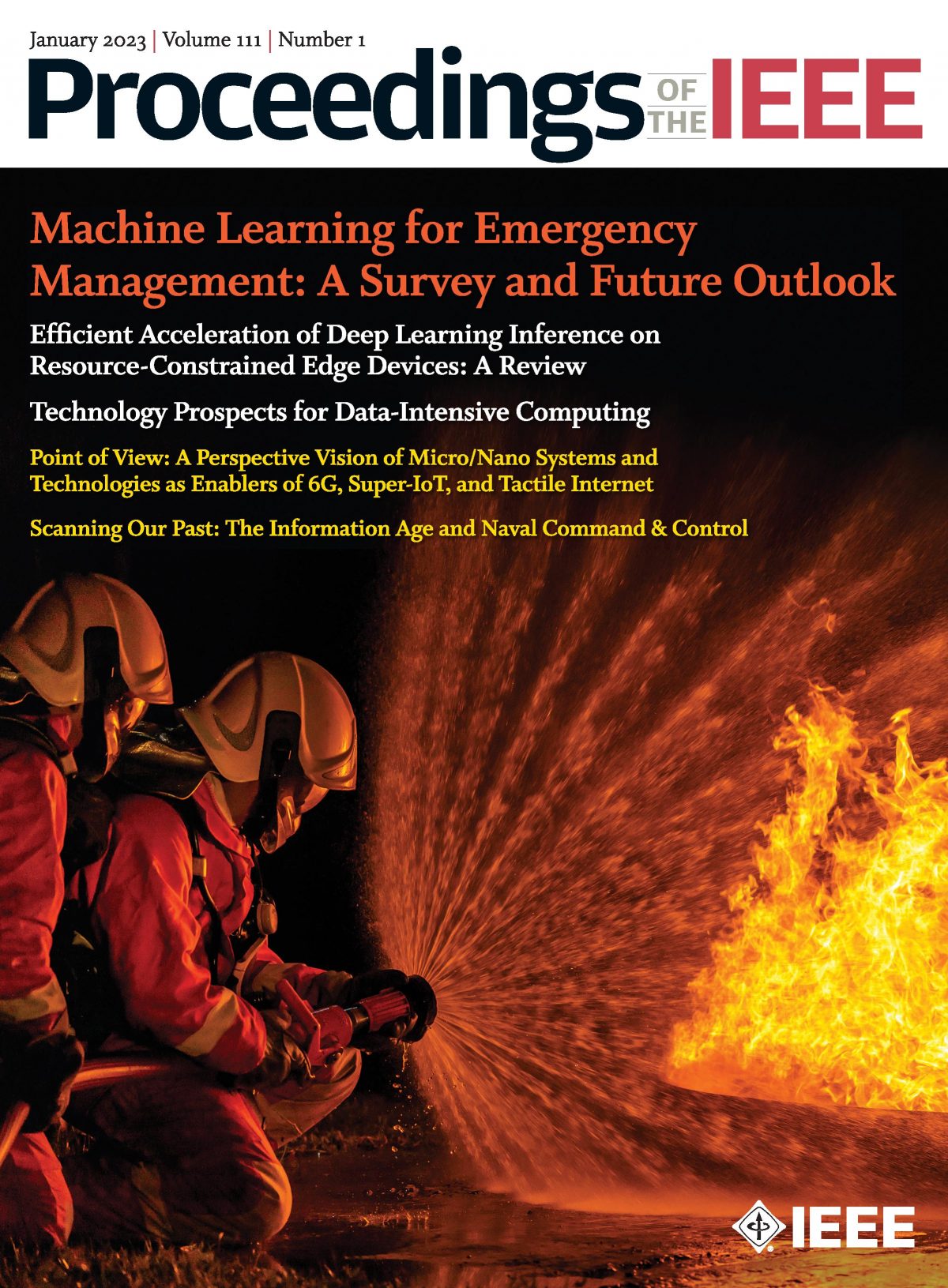Natural and human-made disasters, and other emergency events pose serious threats to society, critical infrastructures, the environment and the economy. Such adverse events may happen at any time and can have cascading effects across multiple sectors. Recent technological advancements have made it possible to collect huge amounts of data regarding natural and technological disasters, and the generated spatio-temporal data can be invaluable in gaining situational awareness and in helping emergency personnel (first responders, strategic and tactical decision makers) make the right decisions, both before and after a disaster happens. However, a key challenge is that data is generated in very large volumes and in a rapid manner thus making it difficult for relevant emergency personnel to be able to make sense of it and utilize it effectively, especially in time-critical and time-varying situations. Therefore, it is crucial to develop intelligent systems that can identify patterns, automate response, and predict situations in real-time, which can aid humans in emergency situations by improving disaster prevention, preparedness, response and recovery. Machine learning can be used to analyze the large volumes of heterogeneous spatio-temporal data in critical time-bound situations, in turn providing high-level actionable information that emergency personnel can process effectively. Ideally this can lead to systems that can support decision-making in the field, however key challenges both in the development as well as deployment of machine learning algorithms, such as sensing the right data at the right time, availability of sensors and data, real-time response, limited computational resources, and building trust with end-users, still exist. While most of the research effort has been focused on the development of application-specific machine learning algorithms, there has been some effort to summarize the work and present it in a concise way so as to highlight gaps and future research opportunities. This article provides a comprehensive survey of machine learning for all phases of emergency management (i.e., mitigation, preparedness, response, recovery), by highlighting key characteristics and challenges, as well as how machine learning algorithms can be applied across the different phases and operations. Based on the current state-of-the-art the article identifies promising future research directions for developing emergency management systems that utilize machine learning components.
Click here to access the paper.
